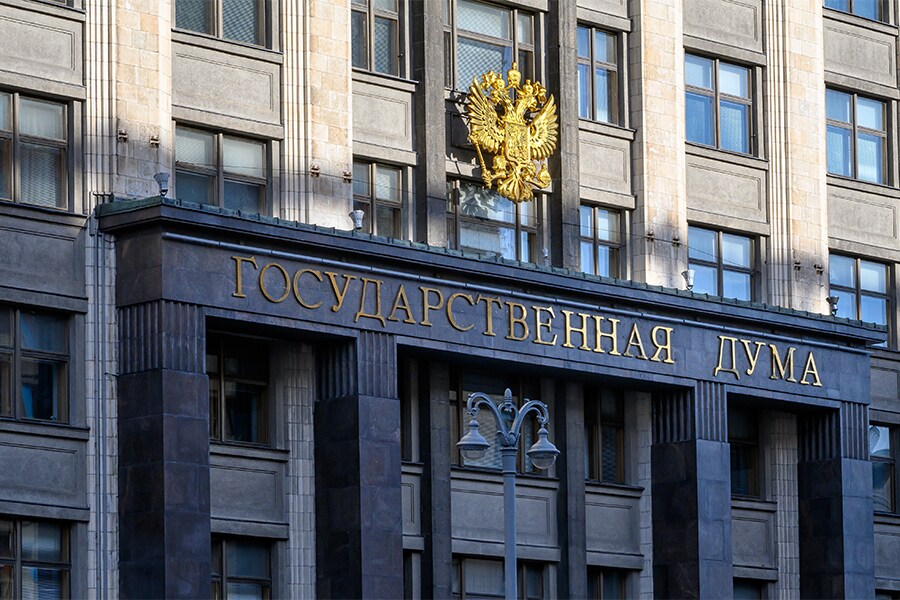Russia to include cryptocurrencies in its updated tax laws
The new tax rules could make or break the path for wider crypto adoption in Russia


 Image: Shutterstock[br]
Image: Shutterstock[br]
The federal government of Russia has reportedly proposed a draft law to the State Duma (lower chamber of the Russian parliament) establishing rules for the taxation of cryptocurrency transactions. The bill is likely to make necessary changes to Russia"s tax system in order to address a number of unanswered questions.
On Thursday, April 7, Anatoly Aksakov, chairman of the State Duma"s Committee on Financial Markets, informed local media that crypto-related amendments to the federal tax code are anticipated to be passed by the end of the summer parliamentary session.
While the Russian central bank advocates a complete prohibition on crypto trading and mining, the ministry has proposed regulation rather than an outright ban. However, the CBR (Central Bank of Russia) appears to be sticking to its restrictive stand, and the tax amendments will not be an exception. “Digital assets are being used, among other things, to evade tax payments," said a CBR spokesperson.
The proposed tax laws take prominence in the light of the current situation where Russians are recognising the potential of using cryptocurrencies to circumvent EU and US sanctions imposed in response to the country"s invasion of Ukraine. In order for sanctions to be effective, banks and other financial institutions must typically follow the movement of money so that transactions involving sanctioned entities can be prevented. Cryptocurrencies, however, could allow Russia to entirely avoid the financial system, making transaction tracing impossible.
The estimated federal tax collection for cryptocurrency ranges from 10-15 billion rubles ($122-181 million) to 20 billion rubles ($244 million). Only income would be subject to the proposed tax, which would be imposed at a rate of 13% on individuals" personal income and 20% on legal entities. Qualified investors would be eligible for a tax deduction of at least 52,000 rubles ($650) per year.
The government-backed legislation also contains a requirement to report digital asset transactions of more than 600,000 rubles ($8,000) each year, as well as a penalty of up to 40% of the individual tax sum if they are not reported.
On Wednesday, April 20, the local newspaper Izvestia reported that the Federal Tax Service had provided official feedback on the Ministry of Finance"s proposed crypto law. The fiscal agency has reportedly suggested in its remarks that Russian enterprises be allowed to use cryptocurrency for specific operations: "To let corporate entities pay for goods and services according to foreign trade contracts and to receive revenue from foreign entities in digital currency."
Given how quickly the push to enact crypto laws has acquired steam among several Russian government stakeholders, passing the tax reforms by the end of the spring, as Aksakov stated, appears extremely likely.
Shashank is the founder at yMedia. He ventured into crypto in 2013 and is an ETH maximalist. Twitter: @bhardwajshash
First Published: Apr 21, 2022, 18:37
Subscribe Now